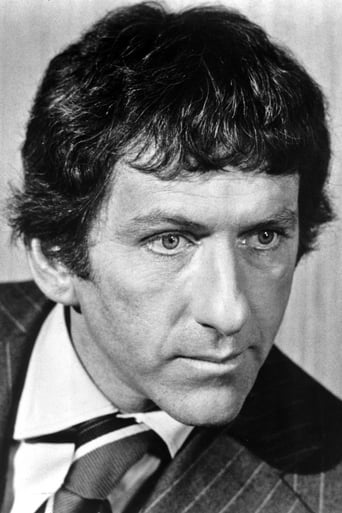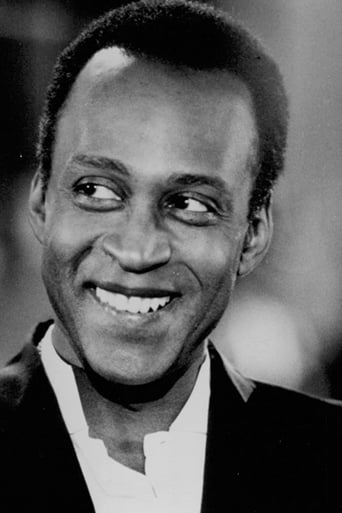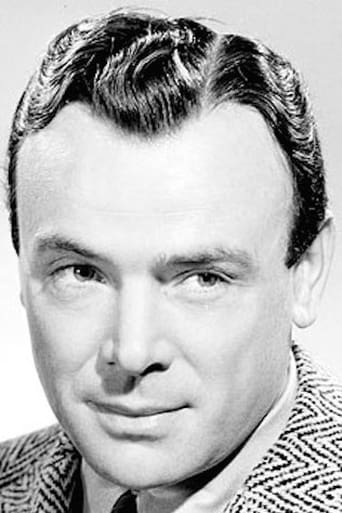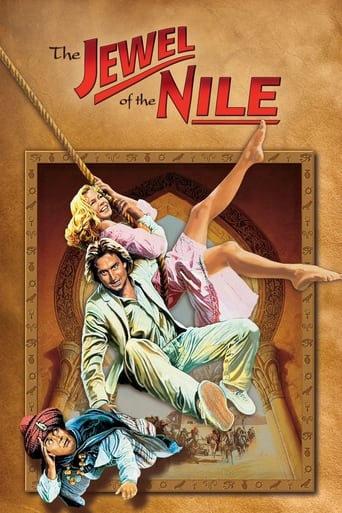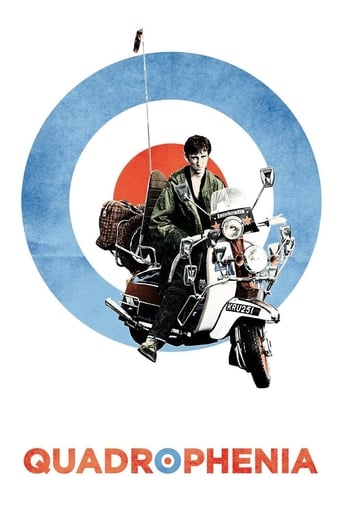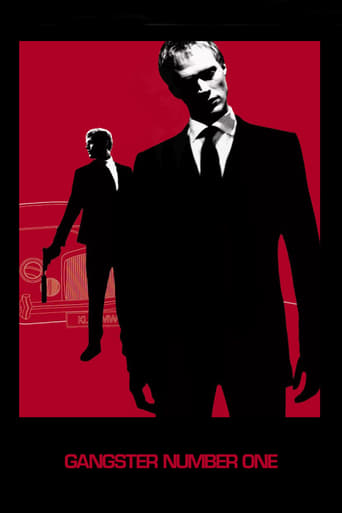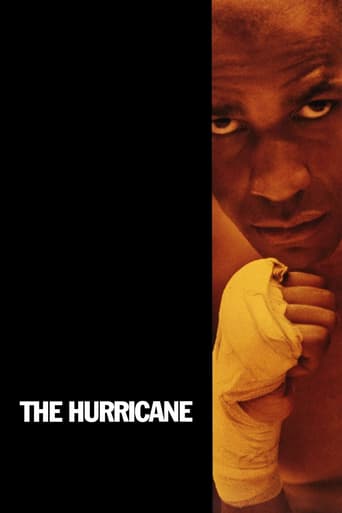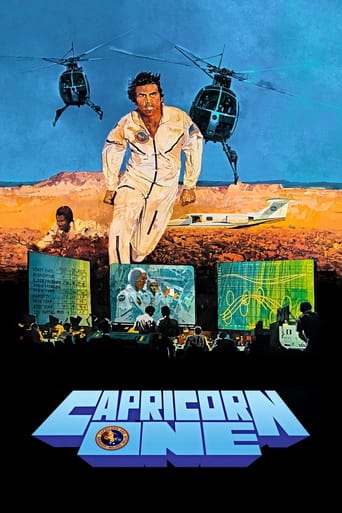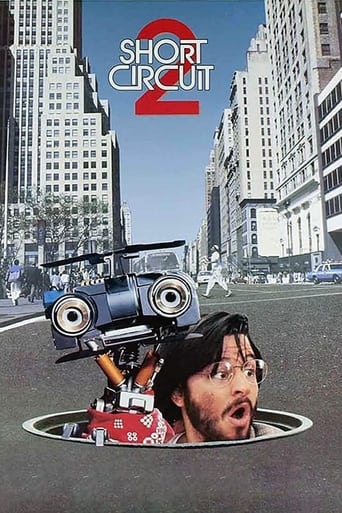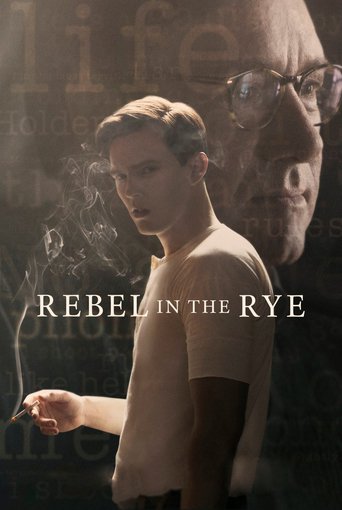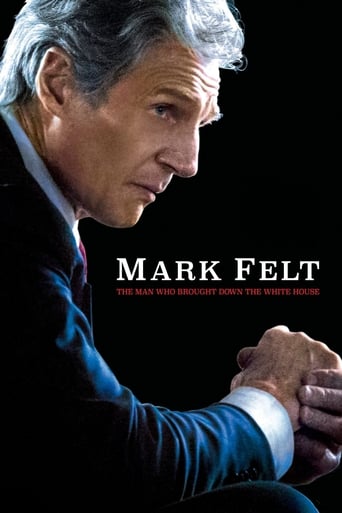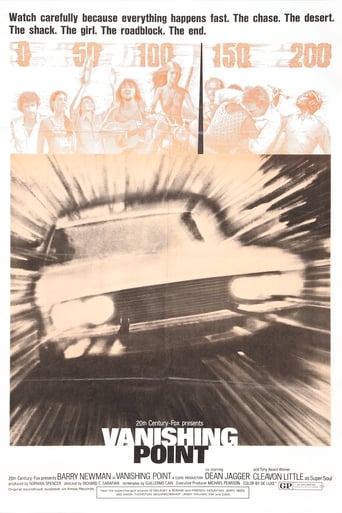
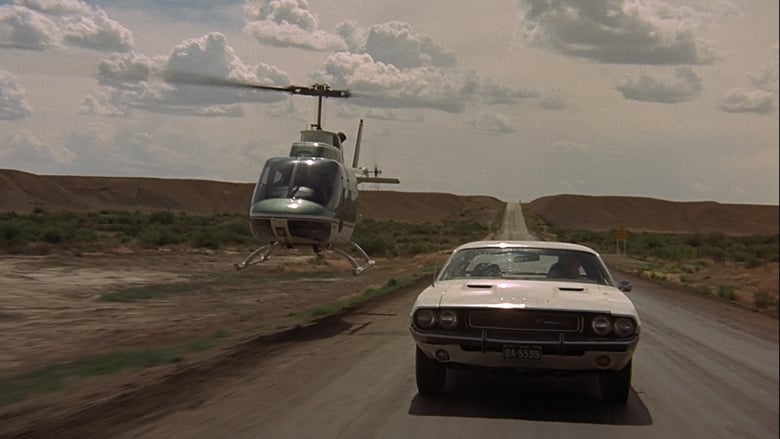
Vanishing Point (1971)
Kowalski works for a car delivery service, and takes delivery of a 1970 Dodge Challenger to drive from Colorado to San Francisco. Shortly after pickup, he takes a bet to get the car there in less than 15 hours.
Watch Trailer
Cast


Similar titles
Reviews
I don't know whether it means anything and I don't care. Random nudity. Late 60s rock n roll soundtrack. Casual pill use. Hot rod and cool driver. Racist pigs. Hippies that you don't want to see die like Dennis Hopper in Easy Rider. The open road. Fantastic photography. Even the ''love interest'' scene is wonderfully under-stated. This movie makes me wish I was 16 years old at a Friday drive-in in 1971.
I had heard this movie title a number of times, reading a little into it I knew it was something to do with driving, and I had it recorded on VHS for a long time, so I finally got to watching it eventually. Basically Kowalski (Barry Newman) is a former racing driver, ex-cop and Medal of Honor Vietnam War veteran, he now works as a car delivery driver. His latest assignment is to deliver a white 1970 Dodge Challenger R/T 440 Magnum, from Denver to San Francisco, approximately 1,200 miles, in 3 days. The delivery service clerk, Sandy (Karl Swenson), urges him to get some rest, but Kowalski insists on getting started, then he has a bet with his dealer, Jake (Lee Weaver), to get the car there in less than 15 hours. Kowalski is haunted by the memories of the Vietnam war, his discharge from the police in retaliation for preventing his partner from raping a young woman, and the death of his girlfriend Vera Thornton (Victoria Medlin), he now exists on adrenaline. Driving west across Colorado, two motorcycle police officers pursue Kowalski who try to stop him for speeding, with his experience as a motorcycle racer he manages to force one off the road and eludes the other. Then a driver in a Jaguar E-Type convertible pulls up alongside Kowalski, challenging him to race, the after accepting the driver nearly runs him off the road, but Kowalski overtakes him and causes the Jaguar to crash into a river, Kowalski checks to see if the driver is okay, before taking off. The police are in hot pursuit, but are unable to catch him as Kowalski drives across Utah and into Nevada, during the pursuit he listens to hippie radio station KOW, broadcasting from Goldfield, Nevada. The show is hosted by the blind disc jockey who goes by the name Super Soul (Blazing Saddles' Cleavon Little), he listens to the police radio frequency, he encourages Kowalski to evade the police. Super Soul seems to understand Kowalski and seems to see and hear Kowalski's reactions, he calls him "the last American hero", Kowalski gains the interest of the news media, and people gather at the KOW studio to offer their support. Kowalski finds himself surrounded as the police chase him across Nevada, he heads into the desert, he blows the left front tire, an old Prospector (Dean Jagger), who catches snakes, helps him, gives him fuel and redirects him back to the highway. On the way Kowalski picks up two homosexual hitchhikers stranded en route to San Francisco, they are "Just Married", they attempt to hold him at gunpoint, but he manages to throw them out and continue his journey. On Saturday afternoon, a vengeful off-duty highway patrolman and some local racist thugs break into the KOW studio and assault Super Soul and his engineer. Approaching the California state line, hippie biker Angel (Timothy Scott) helps Kowalski, he gives him some pills to help him stay awake, Angel's girlfriend (Gilda Texter), who rides her motorcycle nude, recognises Kowalski from the various newspaper articles. Kowalski suspects that Super Soul's broadcast has been infiltrated by the police to entrap him, Angel confirms they are indeed waiting at the border, he helps Kowalski get through the roadblock. Kowalski finally reaches California by Saturday, he calls Jake the dealer from a payphone to reassure him that he still intends to deliver the car on Monday. On Sunday morning, California police have been tracking Kowalski's movements on an electronic wall-map, a roadblock using two bulldozers has been set up in the small town of Cisco, where Kowalski will be passing, a small crowd gathers there. Kowalski approaches the roadblock at high speed, he smiles as he crashes into the bulldozers in a fiery explosion, killing himself, firemen work on putting out the flames, and the crowd slowly disperses. Also starring Paul Koslo as Deputy Charlie Scott and Robert Donner as Deputy Collins. Newman is charismatic enough as the man on a drug-fuelled trip, and Little is good as the DJ who charts the anti- hero's progress, it is a simple story of a driven driver going at high speed through deserts and small towns, stopping only for fuel and rest, so there is plenty of interesting scenery along the way, a reasonable cult road movie. Worth watching!
Released in 1971, "Vanishing Point" stars Barry Newman as Kowalski, a pill-popping former racer and police officer, who bets that he can deliver a supercharged car from Denver to San Francisco in 15 hours. The police in four states try to apprehend him as a DJ (Cleavon Little) supports him on the airwaves. Dean Jagger plays a geezer Kowalski runs into in the desert.This is a cult flick about the adventures of a rebel without a cause. While it has similarities to 1969's "Easy Rider," it's not as compelling and the subtext isn't as good (see my review of "Easy Rider").The story is a big middle finger to what was called "the establishment" at a time when the Vietnam War was making a wreck of America's social cohesion. Kowalski was part of that establishment when he was a cop, but became disillusioned after he exposed corruption and was punished for it, but heralded by the counterculture. Kowalski had seen the underbelly of the "pig" and didn't want to be part of it. At the beginning he drives off the road and you see him looking at some derelict vehicles. He increasingly realizes HE is a derelict on the side of the road with nowhere to go. What better next stop than oblivion? The climax is his *beep* off moment to go out on HIS terms. Three years later "Dirty Mary, Crazy Larry" sorta ripped it off. While that movie lacks the interesting (and ambiguous) subtext of "Vanishing Point," it's a more compelling watch. Despite the many car chases, "Vanishing Point" is surreal and even languid, embellished by a listless score (e.g the opening) and acid rock tracks throughout; while I don't like the former, most of the latter tracks are good and fit the ambiance of the movie.Then there's the naked blond on the motorcycle sequence. Someone incredulously asked: "How could he possibly turn down a sexy naked blonde? What's his problem?!" I guess sexiness is in the eye of the beholder because I didn't find her all that sexy. Sure, she has a pretty face, but her body is nearly as un-curvy as a 12 year-old girl. But some guys prefer thinner women and that's cool; to each his own. In addition, Kowalski was still grieving over his true love. Moreover, the naked blond didn't play the game of seduction, which takes time and imagination. Instead she prematurely throws her entire hand on the table and it simply doesn't turn Kowalski on. Lastly, despite it being the "free love" era (1970), Kowalski was much older (and arguably nobler) than the average hippie; as such, he didn't feel it proper to take advantage of the mate of the guy who was selflessly helping him (at least not without his clear permission).The movie runs 99 minutes and was shot in Colorado, Utah, Nevada and Arizona.GRADE: B- COMMENTARY ON THE MEANING ***SPOILER ALERT*** (Don't read further unless you've seen the movie) In an interview Barry Newman very seriously explained Kowalski's actions at the end: "He thought he could make it through; and that was the reason for the smile just prior to the impact." I don't question this since the actor himself would have more insights about the movie than the viewer, but even his answer is ambiguous. It could mean (and probably does) that Kowalski thought he could make it through to the other side, i.e. leave the physical plane for the spiritual one and the (possible) freedom thereof. After all, he sees "the light" between the blades of the bulldozers while approaching. Keep in mind that Kowalski was hopped up on a lot of drugs. As such, he doesn't commit suicide in the sense he wants to die, but rather kills himself in the accident because he BELIEVES he'll make it through; physically or spiritually, it doesn't matter. He believed.
Vanishing Point is the type of movie rarely seen these days. It has so many identities, a car chase movie simply being one of them. It both deconstructs and pays tribute to the American love affair with the automobile and cinema. It's also a love letter to the 60s, playing up themes of freedom and escaping oppression. Most importantly, it's a classic heroes journey. Kowalski, the hero has a mission, a romantically Americana mission, and he let's nothing get in his way. Movies like Vanishing Point aren't duplicated, because they cannot be. They are products of their time, a tribute to both films and ideals past.


